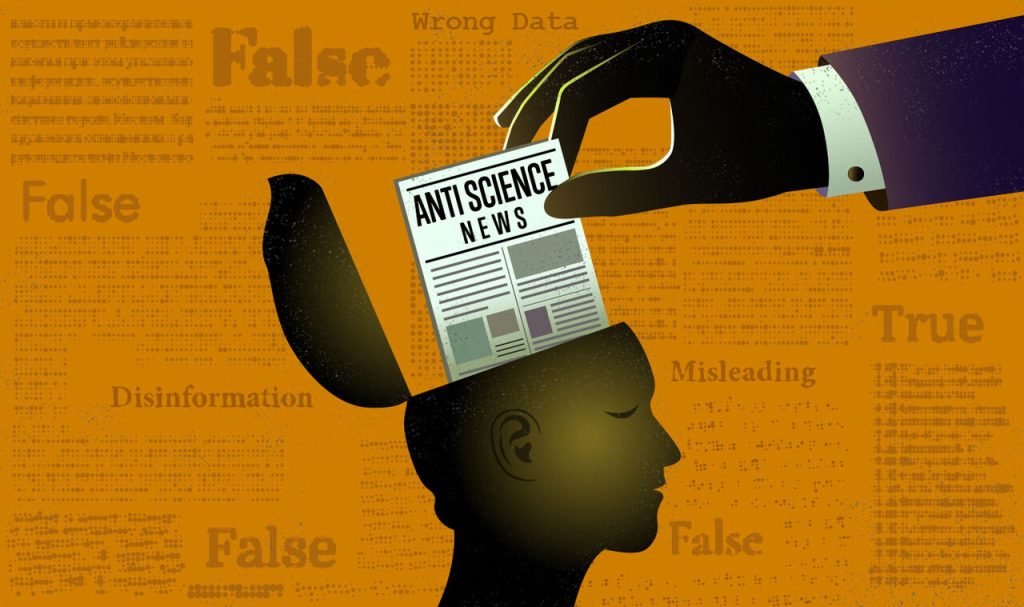Listen to the article
In a significant move to combat online misinformation, China has implemented a new law requiring individuals who comment on specialized topics to possess verifiable credentials. The regulation, which took effect on October 25, specifically targets online discussions related to health, law, education, and finance – areas where expertise is deemed necessary for credible information sharing.
Under the new rules, social media influencers and online commentators must now hold recognized academic degrees or professional licenses to discuss these subjects. Digital platforms operating in China face requirements to verify the qualifications of content creators and must either label or remove content from those who fail to meet the established standards.
The legislation represents China’s latest effort to regulate its vast internet landscape, which serves more than 1 billion users. Proponents argue the measure will enhance accountability in online spaces and reduce the proliferation of potentially harmful misinformation that has become increasingly prevalent across global digital ecosystems.
This regulatory approach contrasts with the ethical framework established in Islamic traditions, which has addressed misinformation concerns through individual responsibility rather than institutional enforcement. Islamic teachings emphasize personal verification of information before sharing – a principle outlined in several Quranic verses.
The Quran’s guidance on information handling includes consulting knowledgeable sources when uncertain (Surah Al-Nahl, verse 44), taking personal responsibility for one’s statements (Surah Al-Isra, verse 36), and thoroughly investigating news before accepting or spreading it (Surah Al-Hujurat, verse 6).
China’s regulatory move comes amid growing global concern about misinformation’s societal impact. Digital platforms worldwide have struggled to balance free expression with the need to prevent harmful content from reaching vulnerable audiences. The COVID-19 pandemic highlighted these challenges, as health misinformation proliferated across social media, sometimes with dangerous consequences.
Tech industry analysts note that the verification requirements could significantly reshape China’s influencer economy, currently valued at billions of dollars. Content creators who have built substantial followings discussing specialized topics may now face additional scrutiny and potential restrictions if they cannot provide appropriate credentials.
The implementation also raises questions about enforcement mechanisms and the criteria for determining qualified commentators. Chinese authorities have not fully detailed how platforms should verify credentials or what consequences individuals might face for non-compliance beyond content removal.
Civil liberties organizations have expressed concern that such regulations could further restrict freedom of expression in China’s already tightly controlled information environment. Critics suggest the law might be selectively enforced against government critics while permitting state-approved narratives to circulate freely.
The regulation represents one approach in the global spectrum of responses to digital misinformation. While China employs direct regulation of information sources, other nations have focused on platform accountability, media literacy education, or industry self-regulation to address similar challenges.
As societies worldwide continue grappling with the spread of false information in the digital age, China’s credential-based model will likely be closely observed by policymakers, technology companies, and civil society organizations for its effectiveness and implications for online discourse.
Whether through regulatory frameworks or ethical guidance, the fundamental challenge remains consistent across cultures: establishing systems that promote accurate information while respecting expression rights in increasingly complex digital ecosystems.
Fact Checker
Verify the accuracy of this article using The Disinformation Commission analysis and real-time sources.




8 Comments
From a mining and commodities perspective, this law could impact discussions around topics like lithium, rare earths, and energy resources. Careful consideration of how it might affect expert commentary in these technical fields is warranted.
Good point. Specialized industries like mining and energy rely on open, informed dialogue. Measures that restrict that could have unintended consequences for these technical fields.
This new credentialing requirement for online commentary seems like a heavy-handed approach that could stifle important discourse. I worry it may disproportionately impact marginalized voices and independent analysts.
This new law in China seems aimed at promoting more trustworthy online discourse, but it raises concerns about potential overreach and limiting free expression. Careful implementation will be crucial to balance credibility and openness.
You raise a fair point. Finding the right balance between mitigating misinformation and preserving free speech is a delicate challenge for policymakers.
While I understand the rationale behind this new law, I’m concerned it may create an environment where only ‘approved’ voices are heard on important issues. Robust public debate should be the goal, not centralized control of online discourse.
While the goal of reducing online misinformation is laudable, this law could have unintended consequences for legitimate discussions around sensitive topics like health and finance. Oversight and transparency will be key.
I agree, the potential for abuse of such regulations is concerning. Robust safeguards and public oversight will be essential to ensure the law is applied fairly and judiciously.